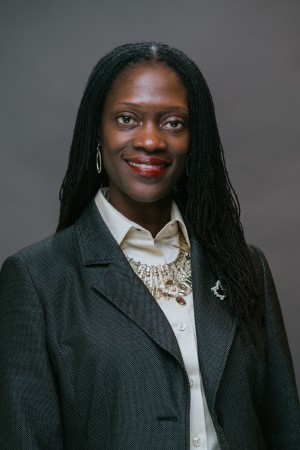07/07/25
Pettis Norman, JCSU All-America, Cowboys TE, dies at 86
|
|
| NORTH CAROLINA SPORTS HALL OF FAME |
| Pettis Norman, a multi-sport standout at West Charlotte High School who went on to Black college All-American as a Johnson C. Smith tight end and 12 seasons in the NFL, died July 7 in Dallas, Texas, at age 86. |
Pettis Burch Norman, a Black college All-American football player at Johnson C. Smith who went on to a 12-year NFL career, died July 7 in Dallas at age 86.
Funeral and memorial arrangements are pending.
Mr. Norman, a West Charlotte High graduate, played tight end with the Dallas Cowboys and San Diego Chargers, was an All-CIAA player at JCSU and Pittsburgh Courier All-American.
“We mourn the passing of former tight end and civil rights advocate Pettis Norman,” the Cowboys said in a statement. “Known for his selfless leadership, commitment to community, and dedication to creating equal opportunity, we were incredibly proud and grateful to share his remarkable story recently.”
Mr. Norman was born in Lincolnton, Georgia, on Jan. 4, 1939, and moved to Charlotte, where he was a standout football and baseball player at West Charlotte before earning All-CIAA honors at JCSU. Mr. Norman was a multiple-sport standout with the Lions who pitched a perfect game in the state playoffs and came close to choosing baseball as a professional.
“There was talk at the time of me signing with the Charlotte Hornets in the minor leagues, and several major league scouts came to watch me play as well,” Norman told The Post in 2020. “But God intervened and set me on a path to the NFL.”
After graduating high school in 1958, Mr. Norman enlisted in the Air Force but was released before bootcamp when JCSU football coach Eddie McGirt intervened with a scholarship offer. The 10th and youngest child of sharecroppers Fessor and Elease “Eloise” Norman, Pettis Norman earned a degree in physical education 1962, the first in his family to graduate college.
“While attending JCSU, professor [Herman] Counts, one of my mentors and a philosophical thinker, once asked, ‘Pettis, what do you really want to do in life?’” he said. “My response: “I want to make life count.” This led to a discussion about a calling, and later my personal mantra, ‘Make life count anyhow.’
“Dr. Counts planted the seed, and many others stepped up to mentor me along the way. Their love and support made me passionate about mentoring others and giving back to my community.”
The Dallas Texans (now Kansas City Chiefs) selected Mr. Norman in the 1962 AFL draft but he instead signed with the Cowboys as an undrafted free agent. He primarily played special teams before earning the starting tight end job in 1964, a spot he held until 1970.
“When I joined the Dallas Cowboys in 1962, I was paid $9,000 a season as a rookie,” he told The Post in 2022. “We played for the love of the game and the joy it brought to the fans, and money was a lesser factor. The limelight brought fame but not fortune and we had to work second and third jobs unlike the athletes today.”
Mr. Norman was traded to the San Diego Chargers in 1971 in exchange for receiver Lance Alworth, who was later inducted to the Pro Football Hall of Fame. Mr. Norman tallied 2,492 receiving yards and 15 touchdowns in 162 NFL games.
Mr. Norman, who earned the nickname “Stone Wall” at JCSU, was inductee to his alma mater’s sports hall of fame in addition to the CIAA’s shrine and the Charlotte Sports Wall of Fame. He was inducted to the North Carolina Sports Hall of Fame in 2024. JCSU’s top award for the male and female athlete of the year is named in his honor.
In addition to his football exploits, Mr. Norman was an advocate for civil rights and business opportunities. He pushed the Cowboys to desegregate its organization and led marches and rallies to support civil rights.
After retiring from football, Mr. Norman took a full-time role in a variety of business ventures as owner of PNI Industries, the umbrella company for fast food, real estate and housing initiatives.
“Because I played 12 years in the NFL, I retired from sports with a fan base,” he told The Post. “When I started my businesses and volunteered in the community, people were interested. They wanted to hear what I had to say about race relations, bridge-building, education, and ways to empower people. Without a sports celebrity background, I couldn’t have reached such a broad audience, been called upon by four U.S. presidents, worked with industry titans, and made such an impact for my fellow Americans.”




